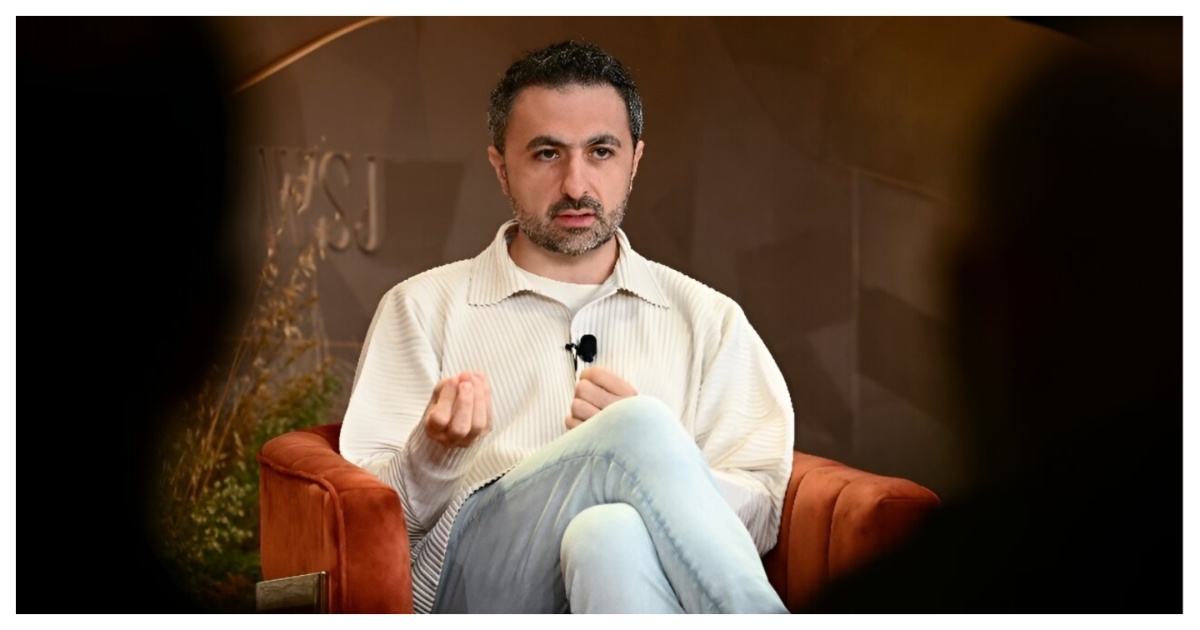There have been murmurs about how Universal Basic Income might be needed once AI becomes smarter than the smartest humans, but Microsoft AI CEO Mustafa Suleyman feels the commodity being given out doesn’t have to be cash.
Suleyman, who previously co-founded DeepMind (acquired by Google and now known as Google DeepMind), has a unique perspective on the intersection of AI and economics. In a recent statement, he proposes a compelling alternative to Universal Basic Income (UBI): Universal Basic Provision. His argument centers around the idea that AI, by amplifying our intelligence, could become a new form of wealth, potentially reducing our reliance on traditional monetary income.

“It feels quite different,” Suleyman begins, introducing a concept he calls Universal Basic Provision. “I sort of proposed this way back in 2016, 2017, because, you know, I think in a way we’re taking this intelligence—the thing that has made us successful as a species, this ability to predict in complicated environments and take action—and we’re making it cheap and basically abundant.”
He continues, painting a picture of AI as a personalized support team: “In a way, that’s kind of like providing you with a team of support around you to help execute on your idea. Now, that’s not the same as giving you hard dollars, and you know, clearly, everyone’s still going to need cash.”
However, Suleyman draws a parallel between cash and intelligence: “But, you know, cash and intelligence are quite similar, right? They both have the potential to get other things done. So in a way, giving people access to intelligence isn’t completely dissimilar to giving people access to cash. It’s agency. It’s action quotient. It’s the ability to affect change in some other environment.”
He concludes by explaining how this shift could impact our lives: “So that will make us all much, much richer. It may be that we need less dollar income to live as we do today because we’ll still need *some* dollar income. But we might be able to replace a lot of the spending that was otherwise going on intelligence-based commodities. And in return, you sort of need to earn fewer dollars to spend on hard goods. So it’s kind of a weird concept, but it does, you know, sort of change the balance basically between, you know, where we get our income from and then how we spend it.”
Suleyman’s idea of Universal Intelligence presents a fascinating alternative to UBI. While UBI addresses the potential for widespread job displacement caused by AI, Universal Intelligence tackles the issue by empowering individuals to thrive in an AI-driven world. By providing access to intelligence and compute, individuals could potentially generate income, develop new skills, and create innovative solutions. This access to personalized AI could become a new form of capital, allowing individuals to leverage their enhanced intelligence to navigate the complexities of the future economy. It’s an interesting concept, and one that policymakers and governments could keep in mind as the discussions around inevitably gather steam in the coming years.
